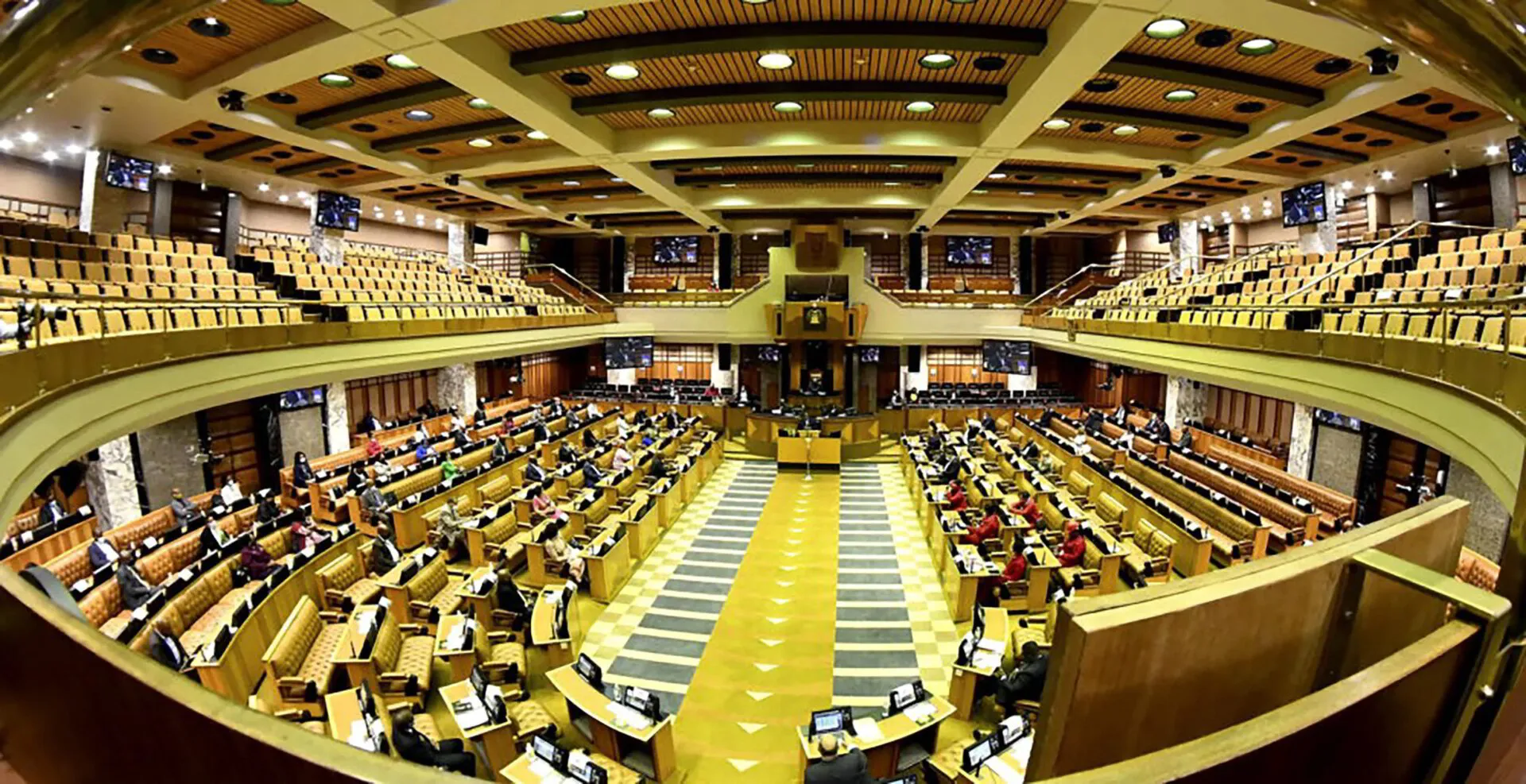29 March 2024
The ANC study group on Public Works and Infrastructure welcomes the passing of the Expropriation Bill in the National Assembly with a large majority of 208 votes in favour and 108 against. The objective of the legislation is the expropriation of property for public purposes and in the public interest. The bill repeals the apartheid-era Expropriation Bill (63 of 1975) and aligns expropriation by the democratic state with the Constitution. It places the Minister of Public Works and Infrastructure as the executing authority of expropriation. In other words, all those seeking expropriation for a public purpose and in the public interest must apply through the Minister.
The bill does not allow for the arbitrary expropriation of property and enshrines due process within the new legislation. In this regard, the bill regulates the procedure for the expropriation of property, including payment of just and equitable compensation. It also enables identification in certain instances where nil compensation may be just and equitable.
The bill aligns with Section 25 of the Constitution and is based on international best practices, as all countries have expropriation legislation. It followed a thorough public consultation process in the NA and the NCOP. It represents a balanced perspective in protecting the rights of the expropriated holder and the public interest.
The bill represents the aspirations of the majority of the people of South Africa, and it envisages economic transformation and inclusive economic growth. It will enhance the delivery of infrastructure development programmes, industrialisation and agricultural reform that improves food security. It also seeks to address the dispossession of the property of the majority of Black people through the 1913 Land Act, the 1936 Land Act and the notorious Group Areas Act.
The bill ensures that a person or community whose tenure of land is legally insecure as a result of past racially discriminatory laws or practices is entitled to comparable redress. Moreover, it enables persons or communities dispossessed of property after 19 June 1913 to be entitled either to restitution of that property or to equitable redress.
More fundamentally, the bill guarantees that no provision of this section may impede the state from taking legislative and other measures to achieve land, water and related reform, to redress the results of past racial discrimination,
Both the Portfolio Committee and the Select Committee have taken extensive legal advice from the Department’s legal team, State Law Advisors, Parliamentary Legal Services, and even legal academics, who ran a workshop for the Select Committee, and we are confident the bill passed constitutional and legal muster.
The ANC has taken note of the statements and threats of legal action by minority political parties opposed to transformation in South Africa. The ANC is committed to implementing our electoral mandate to eradicate the vestiges of apartheid privilege and advance inclusive social and economic transformation in South Africa.
Issued by the Study Group on Public Works and Infrastructure
For enquiries, please call:
Hon. Lindiwe Mjobo (MP)
Whip of the ANC Study Group
079 934 3670
or
Luthando Nogcinisa
Political Advisor to the Chief Whip
076 385 1440
or 082 676 6247


